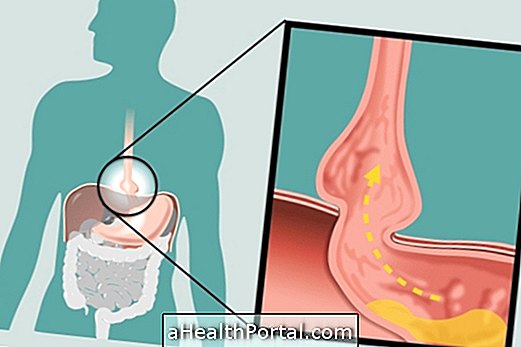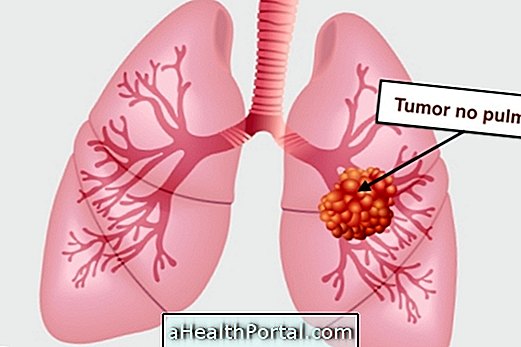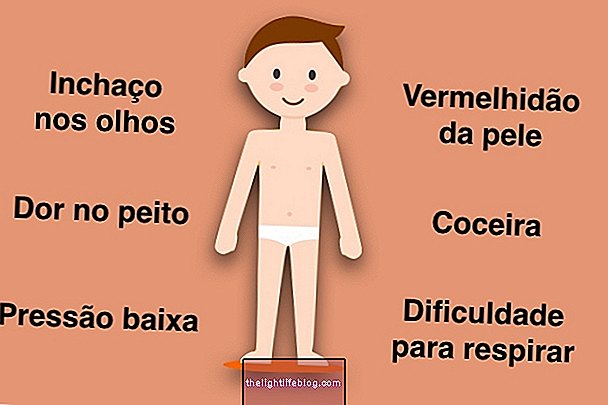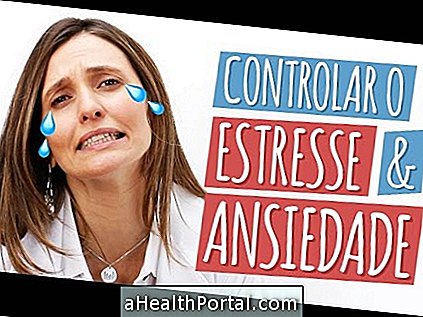Emotional stress happens when a person overcharges or puts too many expectations about himself, which can result in frustration, dissatisfaction with life and mental fatigue, for example.
This type of stress is caused primarily by internal factors, but can also be triggered by external factors, such as queuing, traffic and pulled routine, for example, resulting in physical symptoms such as increased heart rate, for example, and psychological, such as oscillations of mood, insecurity and social isolation.

Symptoms of Emotional Stress
Symptoms of emotional stress appear due to intense concern about a particular subject or activity, most often related to social assessment, which causes the person to put a lot of pressure on themselves. Thus, the main symptoms related to emotional stress are:
- Difficulty of self-acceptance;
- Dissatisfaction with life;
- Sadness;
- Social isolation;
- Mood alterations;
- Tiredness;
- Lack of appetite;
- Weight gain or loss;
- Headache;
- Insomnia or very restless sleep;
- Increased heart rate and blood pressure;
- Gastrointestinal disorders, constipation or diarrhea;
- Irritability;
- Anguish and easy crying;
- Anxiety and nervousness;
- Loss of hair;
- Difficulty concentrating.
It is common for people who have emotional stress to have difficulty dealing with the results, even if they have positive self-criticism, which makes them feel nervous and frustrated many times at work and with themselves.
It is important that emotional stress is noticed and thus treatment can be initiated, helping the person to live a lighter life without so much charges.
Main causes of emotional stress
Emotional stress is primarily caused by internal factors such as personal outcomes and dissatisfaction with life or self, but can also be favored by external events such as family health problems, traffic, queues and pulled routine, for example.
This type of stress is more common in people who are afraid of social assessment and can not relax, and it is usually indicated that sessions of psychotherapy are done so that emotional intelligence is stimulated.
How is the treatment done?
The treatment for emotional stress aims to identify the cause of stress and perform activities that promote relaxation, such as physical activity, walking in the park or going to the café with friends, for example. In addition, symptoms of emotional stress can also be alleviated through the use of natural tranquilizers or tranquilizers sold in the pharmacy, but should preferably be indicated by the physician.
In addition, it is important to seek the help of a psychologist or psychotherapist as it is important to work on the reason for stress and develop emotional intelligence, for example, because it helps you deal with difficult situations and decrease the burden on yourself.
Food can also be considered an ally with regard to alleviating the symptoms, so watch what you eat to combat stress:

Learn how to identify when stress causes frequent bouts of anger that can be a psychological problem called Hulk Syndrome.

























